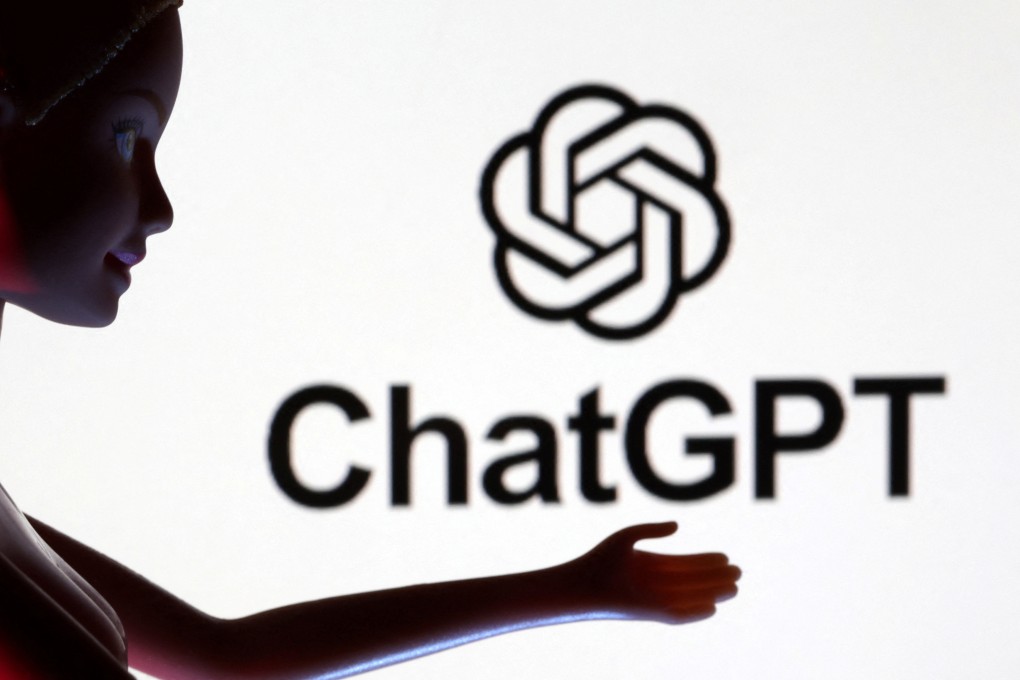Letters | A few quick fixes to deter ChatGPT-enabled cheating
- Readers discuss ways to adjust the existing assessment methods, and ChatGPT’s limitations

Assessments for subjects such as history, languages and social sciences are most likely to be affected, given that written work – end-of-semester take-home essays, for example – is a major means of evaluating students’ knowledge of subject matters.
First, students could be required to conduct oral defences of their essays. A panel of examiners could randomly draw students from each class and ask questions based on their papers. Such a spot check could determine whether students wrote their papers themselves, and thus deter cheating.
Alternatively, we can revisit an old-school method: an exam requiring a written essay. During the exam, students could be given a few research articles and required to produce a short essay immediately, without any digital help. This could be a better way to evaluate how much they have learned and retained over the semester.
In the long run, teachers can grade students by their learning progress, instead of their end-of-semester performance, through tutorial discussions. Some classes can be given, not as lectures but through tutorials, where students are asked to express their views on certain discussion topics. Teachers can then appraise how well students articulate their views and whether they think critically in response to others. This kind of observation – especially of students reacting to each other’s ideas – is something AI can’t do for students.